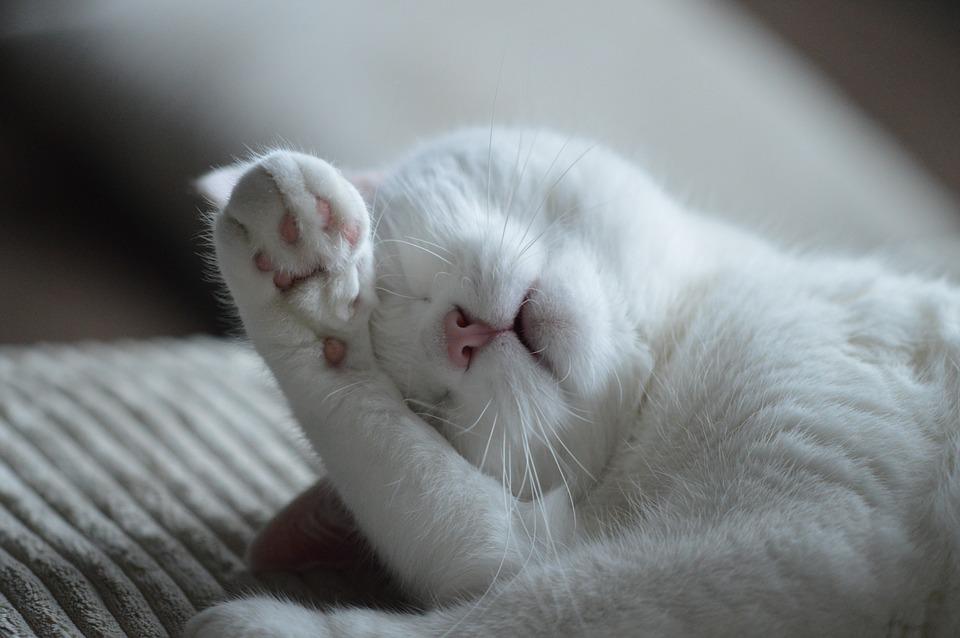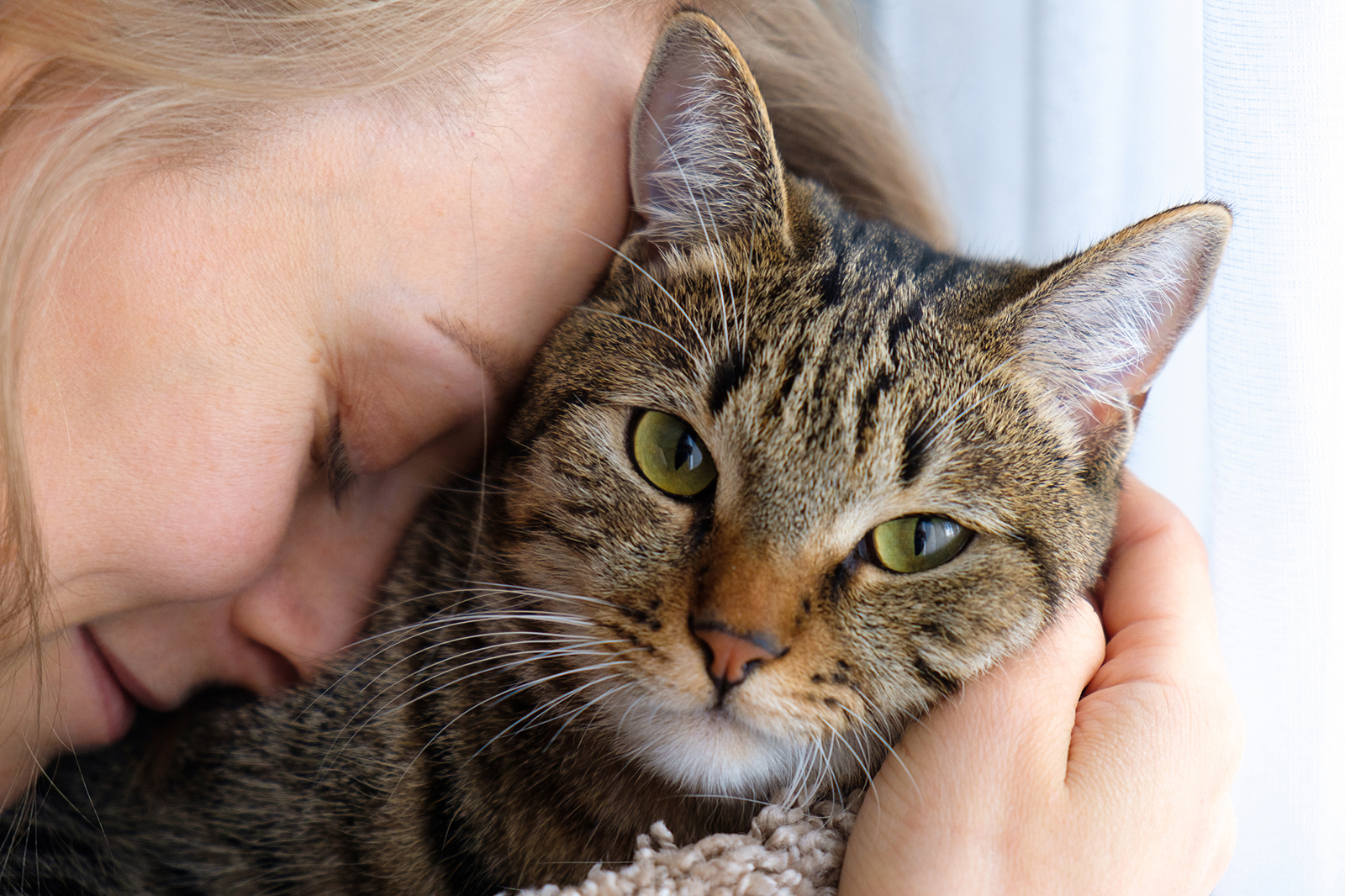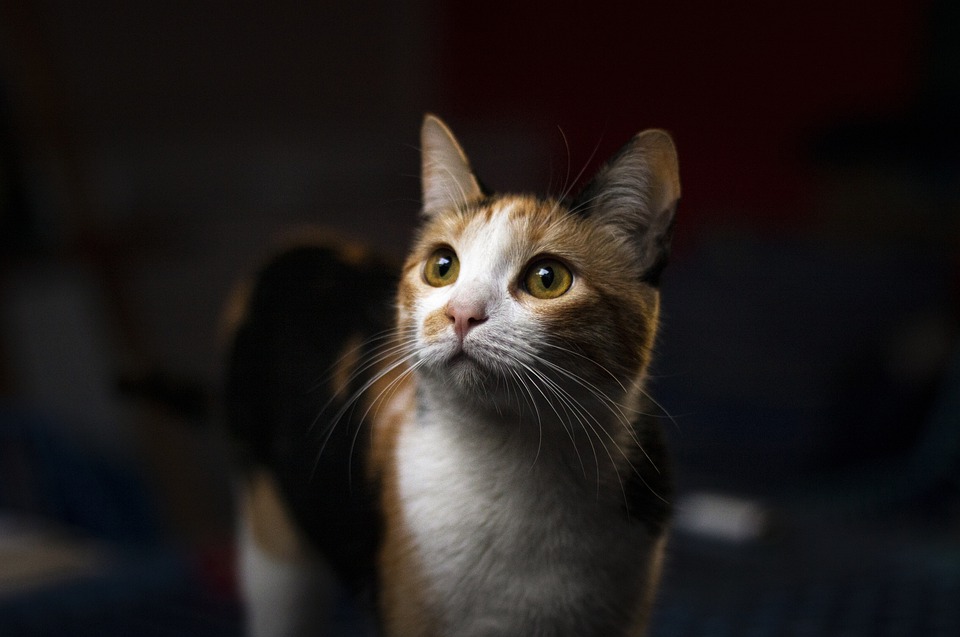
Generally having a human connotation, it should be known that respect for the right to life also concerns the plant and animal world. The adoption of a pet is a manifestation of respect for animal life. The cat’s intelligence, fidelity, and affection make it the most coveted pet for humans. This family member can also benefit from medical insurance. So, without further ado, let’s dive into this blog and learn some of the most relevant information regarding the price and coverage of cat insurance.
Why insure your cat?

Like you, your cat needs to be treated in case of illness or accident. These costs are in addition to the cost of food and annual booster shots, deworming, anti-parasite medication, etc. Some people do not anticipate these costs and are sometimes embarrassed by the exorbitant bills. They sometimes question the need to consult the veterinarian in case of a problem, a decision that can have disastrous consequences on the health of their animal or that can push some owners to prematurely euthanize a regularly sick cat.
For peace of mind, you can purchase pet health insurance. By paying a small monthly fee, you will benefit from a more or less important coverage of the veterinary expenses related to the various care and treatments of your cat and/or surgical operations that it may have to undergo.
This practice is very common in Great Britain and Nordic countries but is not widespread in France. However, it allows you to offer your little companion a better follow-up of his health. You can therefore provide him with the necessary care without worrying about impacting your budget. Moreover, you are free to subscribe to the formula that suits you, adapted to your cat’s needs and your financial means.
1. Variables to consider
In general, the price of cat health insurance is between 7 and 30 € per month. This monthly rate varies according to a few variables specified when the subscriber signs the contract.
The deductible
The essence of pet health insurance is to partially reimburse the expenses related to a pet’s medical needs. Therefore, a part of the medical expenses is reimbursed, while the owner bears the rest. The annual amount borne by a cat insurance policy subscriber is called the deductible.
In practice, this amount is deducted from the reimbursements made. The application of this criterion is not automatic. It must always be stipulated in the contract. Since this is an amount that will be deducted from the policyholder, it is wise to take it into account when signing the contract in order to avoid possible disputes.
The rate of coverage

When signing the insurance contract with a mutual health insurance company, choosing the formula best suited to the cat’s veterinary follow-up needs and the appropriate reimbursement ceiling is necessary. The latter will be applied during the life of the insurance contract and to each case requiring the execution of the contract.
The reimbursement rate is the portion of the medical expenses incurred reimbursed by the mutual insurance company. It varies from 50 to 100%, depending on the formula chosen by the subscriber. A high rate of coverage will imply a high monthly rate and vice versa.
The waiting period
For any pet insurance contract, the waiting period is a time margin defined according to the physical condition and age of the animal by the provider organization to ensure the animal’s health. For example, it is 48 hours for accidents or 45 days for diseases.
The insurance contract does not take effect immediately. It can reach 9 months, depending on the case and the provider. The subscriber is only reimbursed for medical expenses that occur after the said period. For this reason, it is advisable to compare insurance companies offers to choose the provider with the shortest waiting period.
2. The criteria for coverage
The more expensive the monthly rate to be paid to the insurer, the more important the coverage is. The coverage varies according to the formulas chosen by the subscriber.
Partial coverage
This is the most economical option. For a monthly fee of between 7 and 11 €, the animal can be reimbursed for medical expenses related to illnesses, excluding accidents. Examples include medical consultations, vaccinations, ear infection treatment, cyst removal, and sterilization. This formula is advantageous if the cat is in good health.
Full coverage

This option secures the owners of cats that are often sick or need regular medical follow-ups. In this case, the mutual insurance company also takes care of additional examinations such as
-
- Medical analyses (urine and blood)
-
- X-rays
-
- CT scan
-
- Anesthesia
-
- Hospitalization costs
-
- Euthanasia
Sound off in the comments section below and tell us what you want to read next and if you want to read more about cat insurance.





